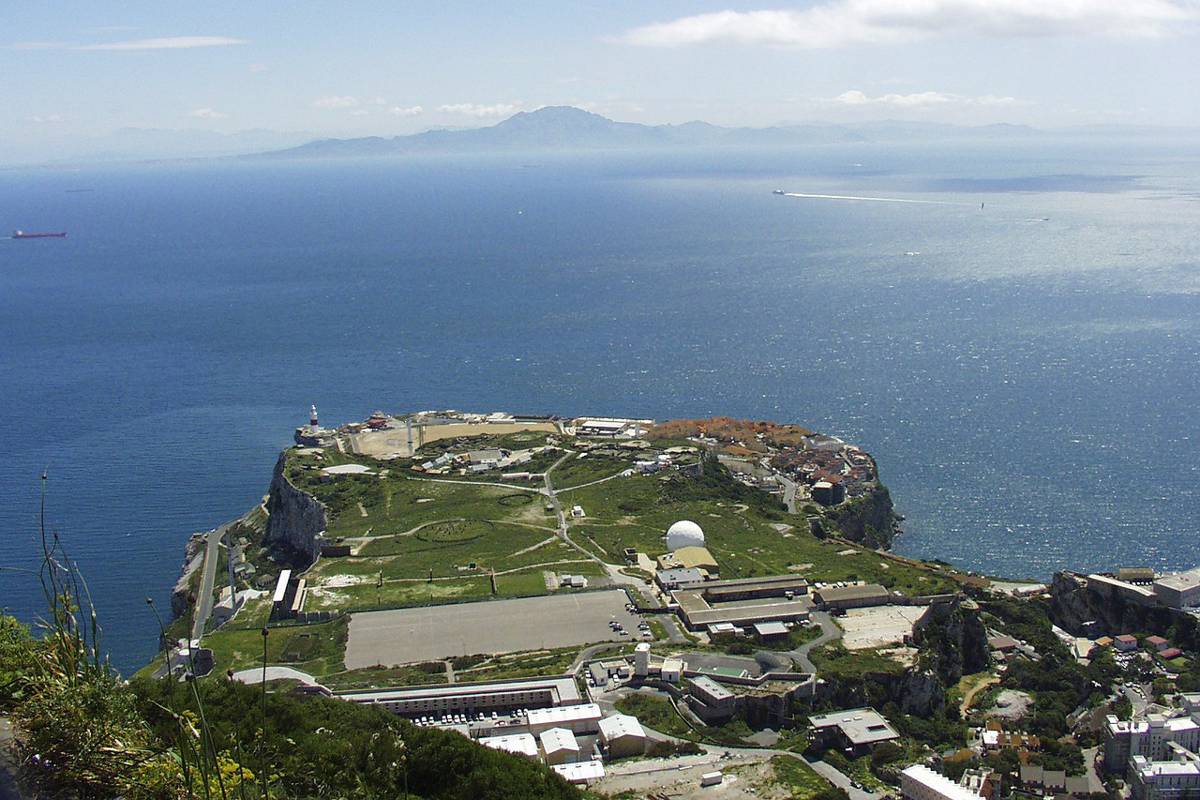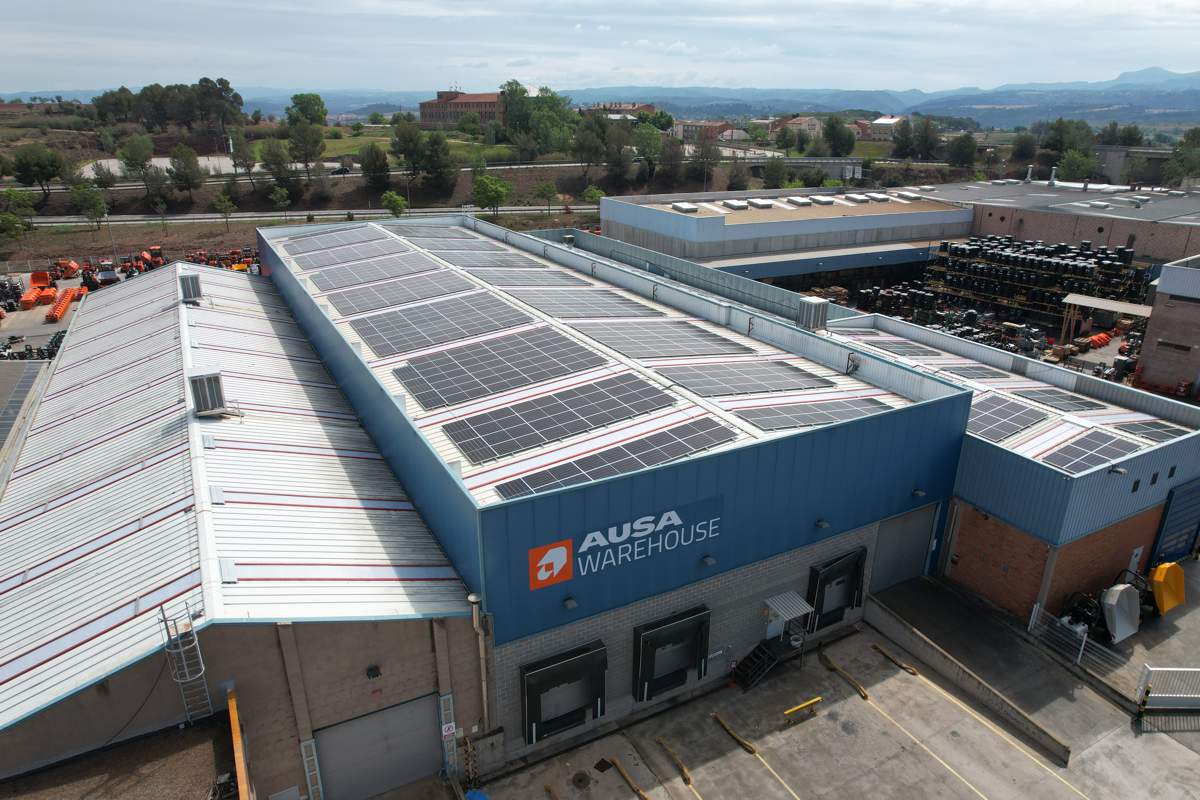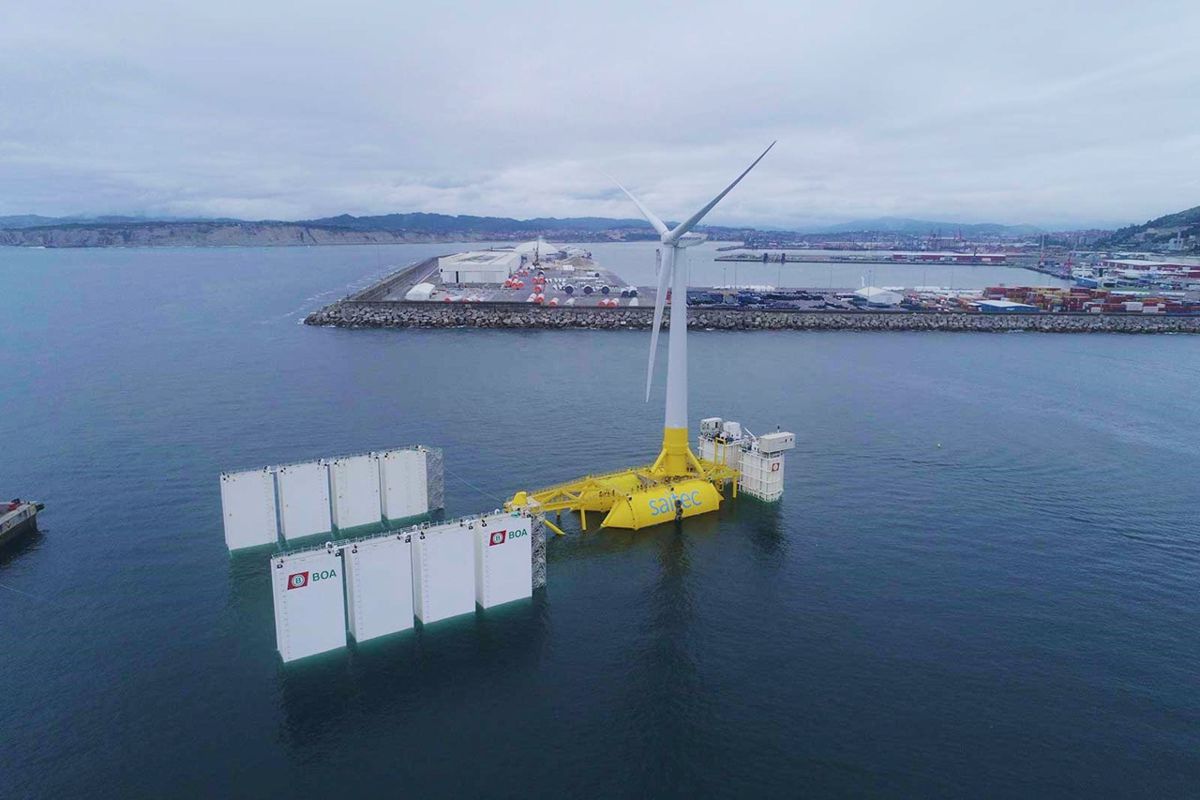European Investment Bank finances €75 million upgrade for Port of Barcelona
The logistics zone (ZAL Port) of the Port of Barcelona is receiving a loan from the European Investment Bank (EIB) to finance the construction of new logistics and warehousing facilities enabling it to both increase its capacity and improve its efficiency and sustainability.
The Port of Barcelona is one of the biggest in Spain and occupies a strategic position on routes within the Mediterranean Corridor. Increasing its logistics capacity will therefore have a positive impact on the Port Barcelona, a piece of strategic infrastructure in this corridor.
The Vice-President of the European Investment Bank (EIB), Román Escolano, and the Director General of ZAL Port, Alfonso Martínez, have signed in Barcelona a €75 million loan backed by the guarantee of the Investment Plan for Europe. The agreement was made possible by the support of the European Fund for Strategic Investments (EFSI), the central pillar of the Investment Plan for Europe, the so-called “Juncker Plan”. Specifically, the project will enable the Port of Barcelona to increase its capacity to up to around 1,000,000 m² of prime logistics warehouses throughout ZAL Port. This expansion of its logistics facilities will help to enable ZAL Port to increase its economic activity, as the occupation rate of its existing facilities is now at 97%.
The aim of the EIB and the Investment Plan for Europe with this loan is to boost growth and employment in Spain. With the development of new facilities, the Port Barcelona will be able to reduce costs in the management of transport connections and be more competitive. The new logistics infrastructure offer will enable the creation of some 4,000 new direct jobs and some 6,000 indirect jobs in the logistics and transport sectors.
The project, which will be built over the next two years, will also contribute to tackling climate change by promoting intermodality, which will in turn serve to reduce road transport and therefore pollutant gas emissions. All of the new buildings to be constructed in the expansion of the port’s logistics zone will see the application of energy efficiency measures such as the use of alternative energies, improvement of internal environmental quality, efficient water consumption, sustainable landscaping and selection of recycled materials, enabling them all to obtain LEED certification.
“The EIB financing for this project will help to facilitate investments at the Port of Barcelona that will generate sustainable economic growth and employment throughout the area” said EIB Vice-President Román Escolano at the signing ceremony in Barcelona. “The project’s impact will also reach the Mediterranean Corridor, which will benefit from both the expansion of logistics at this major port and the increase in its services offer enabling it to access more customers”.
Commissioner for Transport Violeta Bulc said: “Upgrading our transport infrastructure along the Trans-European transport network requires significant and sustained investment so that it is capable of meeting future environmental and economic demands. This is where the Investment Plan for Europe can play an important role. I am delighted that, with this agreement, the European Commission is supporting crucial upgrades to a port facility that is strategically important for the EU”.
For his part, Alfonso Martínez, Director General of CILSA, stressed that “this new EIB backing for the ZAL Port project will enable us to carry out 100% of our development plans for the next four years, turning us into the benchmark logistics zone of the Mediterranean”.
The European Investment Bank (EIB) is the long-term lending institution of the European Union owned by its Member States. It makes long-term finance available for sound investment in order to contribute towards EU policy goals.
The Investment Plan for Europe, known as the “Juncker Plan”, is one of the European Commission’s top priorities. Its aim is to promote investments to create jobs and foster economic growth through the effective use of financial resources, both existing and new, removing the obstacles to investment, raising visibility and providing technical assistance to investment projects. The core of the plan is the European Fund for Strategic Investments (EFSI), which provides guarantees enabling the EIB to increase its capacity to finance more and higher risk projects. EFSI is already showing concrete results.
It is calculated that the projects and agreements approved with the backing of the Investment Plan for Europe’s guarantee will leverage more than €183 billion of investment, supporting over 425,000 SMEs in all the EU Member States. In Spain it is estimated that the “Juncker Plan” will serve to mobilise more than €27 billion of investment. In September 2016, President Juncker proposed extending the Investment Plan for Europe, strengthening it and increasing both its firepower and its duration. To this end, on 14 September the Commission presented a legal expansion covering the period of the current multiannual financial framework, which is expected to trigger at least €500 billion worth of investment up to 2020















